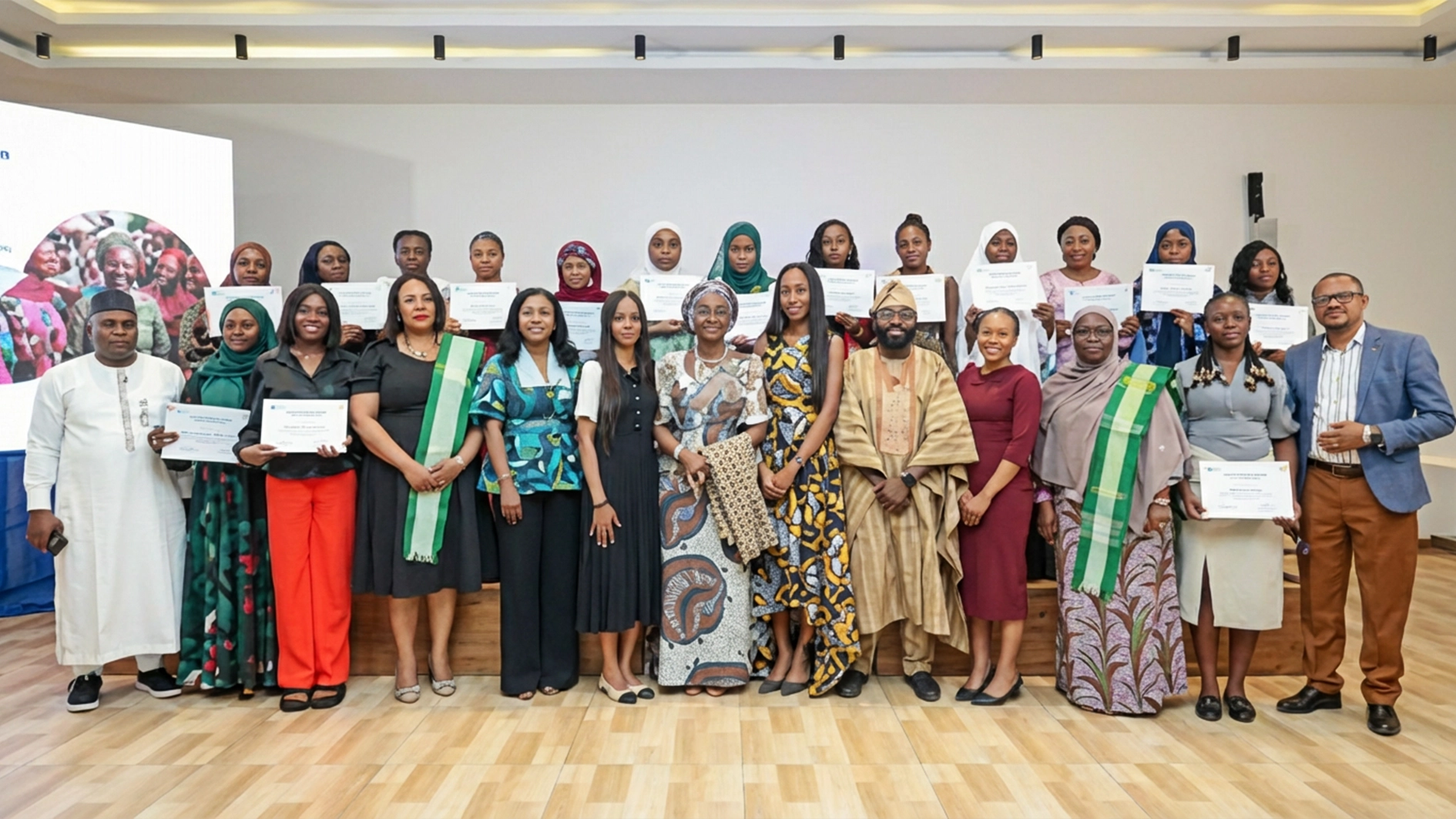Professor of Human Nutrition and Dietetics at the Michael Okpara University of Agriculture, Umudike, Abia State, Professor Juliana Uchenna Anyika-Elekeh has called for proper nutrition practices that would enhance adequate nutrition among adolescents and also prevent Anaemia.
She cited a World Health Organisation (WHO) report stating that 5 billion people worldwide are iron-deficient, while two (2) million suffer from Anaemia.
She made this known while presenting the 64th Inaugural Lecture of the university entitled “Adolescence: A Bridge between Childhood and Their Need for Adequate Nutrition.”
The Human Nutrition expert said that Anaemia, which is a problem of not having enough healthy red blood cells or haemoglobin to carry oxygen to the body tissues, causes tiredness, weakness, and shortness of breath, and results from poor or inadequate nutrition and feeding habits.
The Inaugural Lecturer said that this scenario would imply that adolescents should increase their intake of fruits and vegetables and decrease their consumption of soft drinks and junk foods, adding that doing these also calls for an aggressive nutrition strategy targeted towards adolescents and their parents.
She listed three actions that can provide the means of changing adolescents’ poor feeding habits and enhancing their adequate nutrition, namely: nutrition education targeted at adolescents and their parents in the practice of healthy eating, and transferring it to their children; hence, feeding habits begin from early childhood.
Professor Anyika-Elekeh added that school authorities should ensure that only nutritious snacks are allowed to be sold on school premises, and that fruits and vegetables are included in what is sold in the tuck shops to enhance micronutrient intake by students.
She defined an adolescent as someone between the ages of 10 and 19, adulthood as the state or condition of being fully grown or mature, and adequate nutrition as the food eaten in a meal that contains the nutrients — namely, protein, carbohydrates, fat, minerals, vitamins, water, and other substances — in proper quantities and proportions to one another.
She pointed out that, though nutritional requirements increase during adolescence, where females and males require 2,200 and 2,500–3,000 kilocalories per day respectively, “what is eaten by the family is solely dependent on the income of the parents.”
She therefore urged Federal and State Governments to do the needful to encourage and enable farmers to engage in larger-scale agriculture, listing the grant of loans to them as one measure, and paying their workers promptly to ensure that working parents do not lack the resources to provide their adolescent children and wards with appropriate foods to enable them to grow healthy.
The Vice-Chancellor of the university, Professor Maduebibisi Ofo Iwe, who is a Food Scientist and presided over the lecture session, emphasised the importance of adequate nutrition and balanced dieting, describing them as inevitable for healthy growth.






